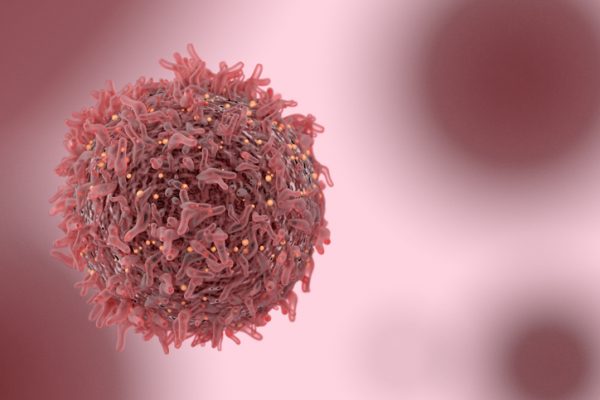
Drugmaker Bristol-Myers Squibb and a biotech company with which it has partnered have sent their application to the Food and Drug Administration seeking approval for what could become the first approved CAR-T cell therapy to treat the second most common form of blood cancer.
New York-based BMS and Cambridge, Massachusetts-based bluebird bio said Tuesday that they had filed for approval of idecabtagene vicleucel, also known as ide-cel or bb2121, as a treatment for multiple myeloma in heavily pretreated patients. In particular, it would be for those who have received at least three prior therapies that include a proteasome inhibitor, an immunomodulator and an anti-CD38 monoclonal antibody.

Behavioral Health, Interoperability and eConsent: Meeting the Demands of CMS Final Rule Compliance
In a webinar on April 16 at 1pm ET, Aneesh Chopra will moderate a discussion with executives from DocuSign, Velatura, and behavioral health providers on eConsent, health information exchange and compliance with the CMS Final Rule on interoperability.
Shares of BMS were down 2.5% on the New York Stock Exchange, while bluebird’s shares were down slightly on the Nasdaq.
The application is the second for a CAR-T therapy that BMS has submitted in the last four months. In December, it submitted one for lisocabtagene maraleucel as a treatment for diffuse large B-cell lymphoma (DLBCL), which the FDA accepted in February and will rule on by mid-August. Two CAR-T cell therapies are currently approved: Novartis’ Kymriah (tisagenlecleucel), for pediatric acute lymphoblastic leukemia and adult DLBCL; and Gilead Sciences’ Yescarta (axicabtagene ciloleucel), for DLBCL alone.
If approved, ide-cel would be the first CAR-T for an indication outside of leukemia or lymphoma. The submission is based on data from the Phase II KarMMa trial, which were announced in December. According to the data, among 128 patients receiving the CAR-T at doses ranging from 150 million to 450 million cells, the overall response rate was 73.4%, with 31.3% of patients achieving a complete response. Responds lasted a median 10.6 months, and the median amount of time patients survived without their disease worsening was 8.6 months.
Ide-cel works by targeting BCMA, an antigen on the surface of myeloma cells. Another CAR-T in development, Johnson & Johnson’s JNJ-68284528, which it licensed from Nanjing, China-based Legend Biotech, is also in a Phase Ib/II trial. Drugs with other therapeutic modalities that target BCMA are also in varying stages of development. BMS is also developing CC-93269, a T-cell engager, while Amgen has AMG 420, a bispecific antibody. GlaxoSmithKline, meanwhile, expects that the FDA will rule in the first half of this year on belantamab mafodotin, an antibody-drug conjugate that could become the first BCMA-targeting drug to win approval.

A Deep-dive Into Specialty Pharma
A specialty drug is a class of prescription medications used to treat complex, chronic or rare medical conditions. Although this classification was originally intended to define the treatment of rare, also termed “orphan” diseases, affecting fewer than 200,000 people in the US, more recently, specialty drugs have emerged as the cornerstone of treatment for chronic and complex diseases such as cancer, autoimmune conditions, diabetes, hepatitis C, and HIV/AIDS.
Photo: CGToolbox, Getty Images












